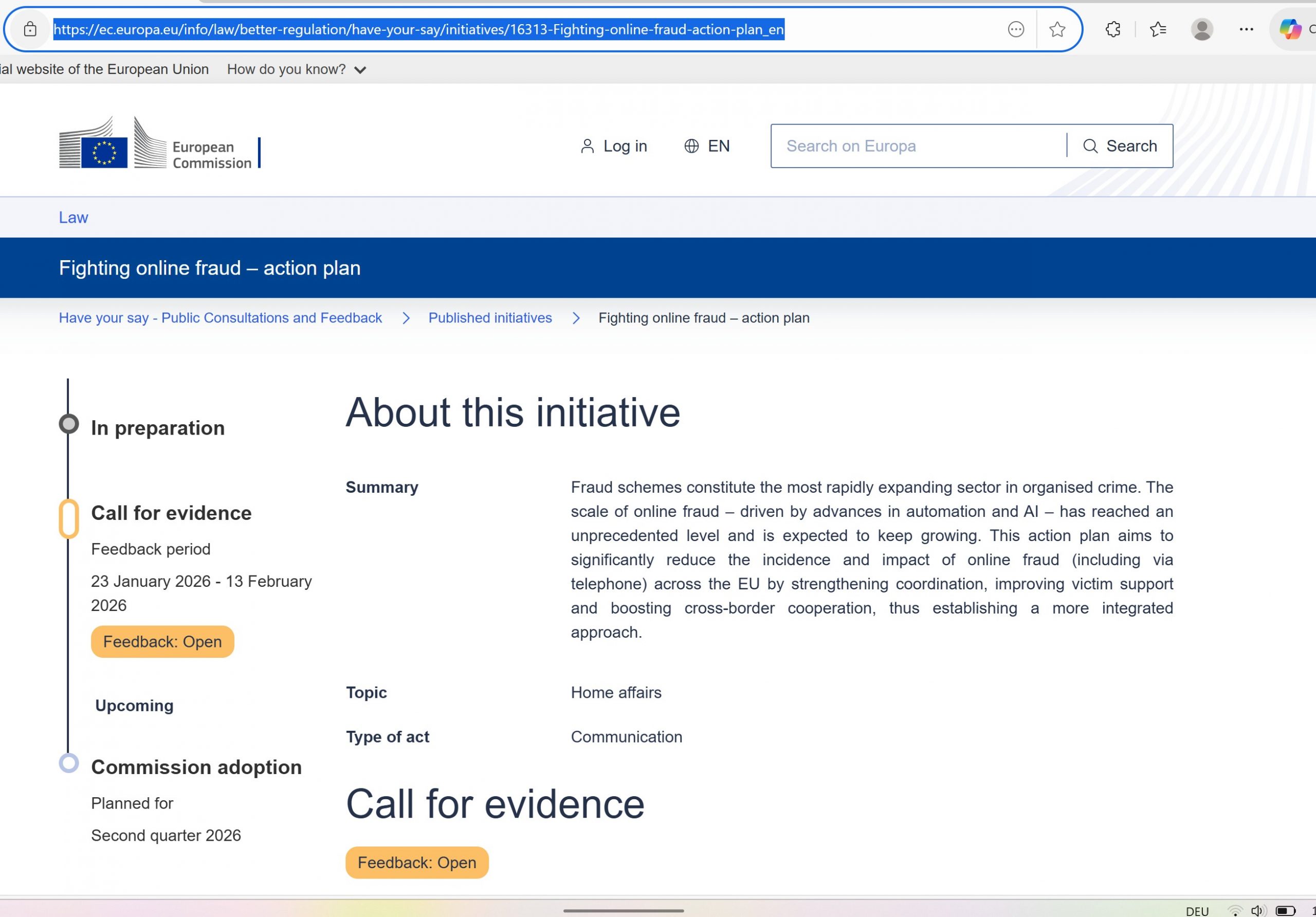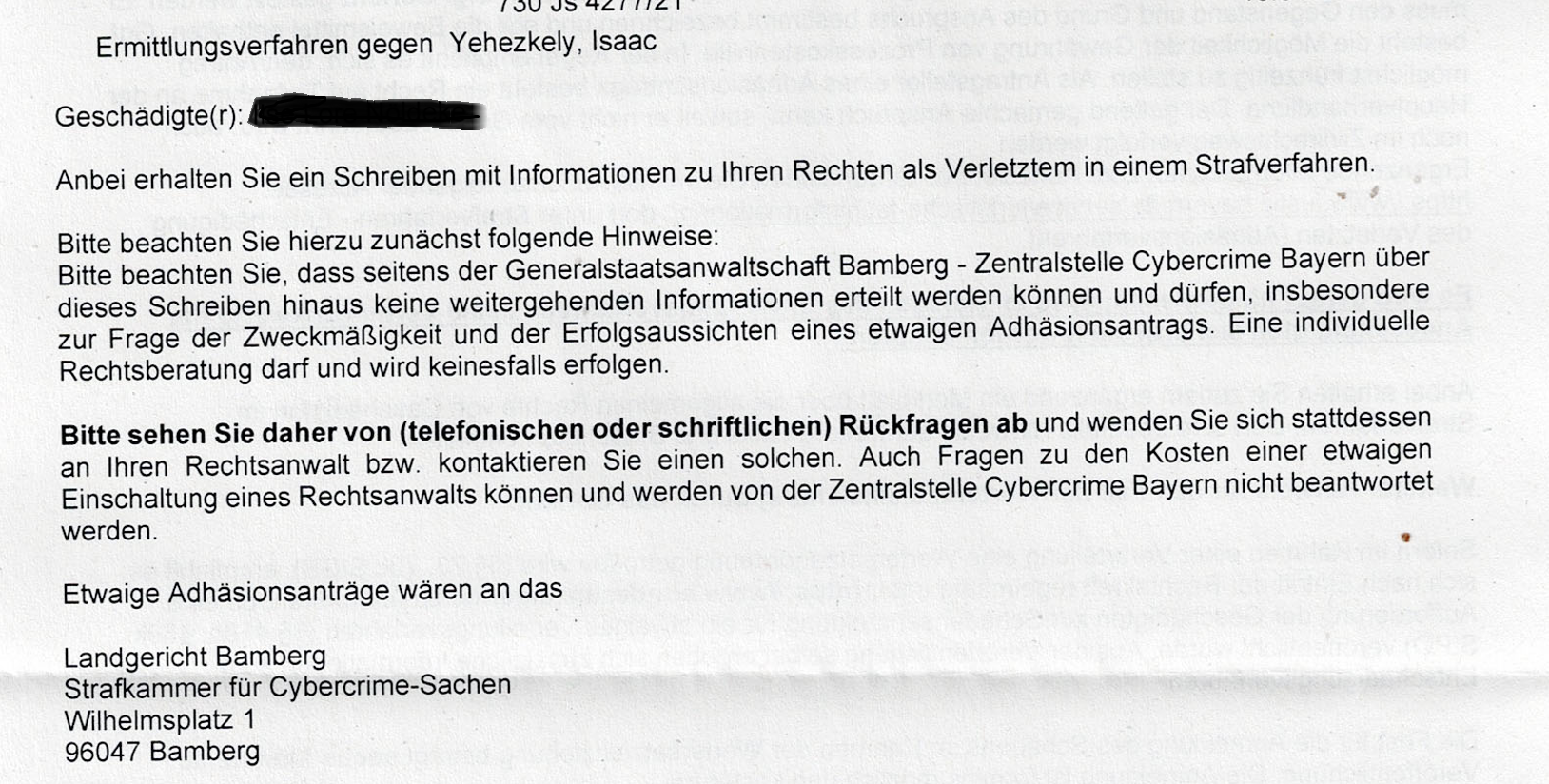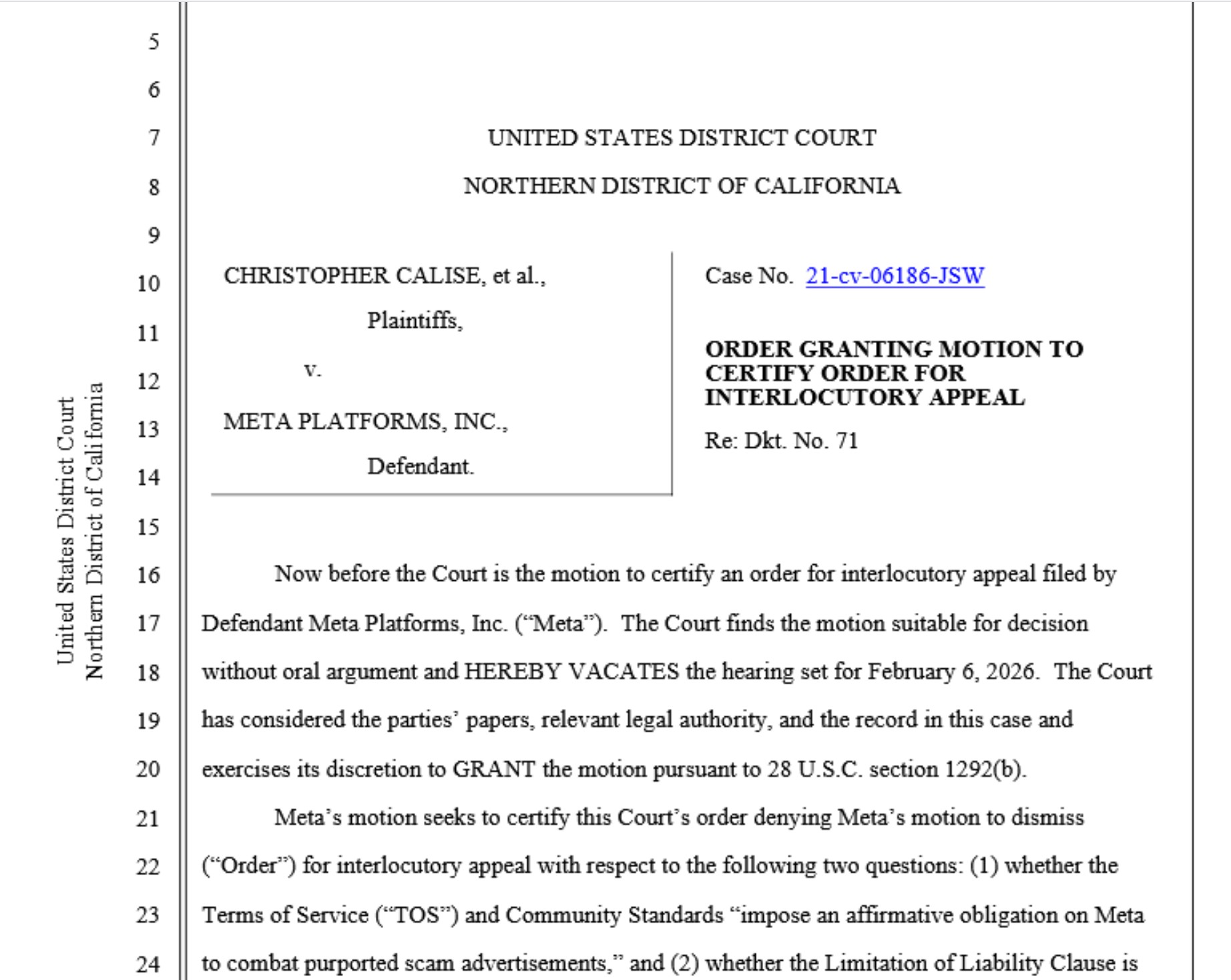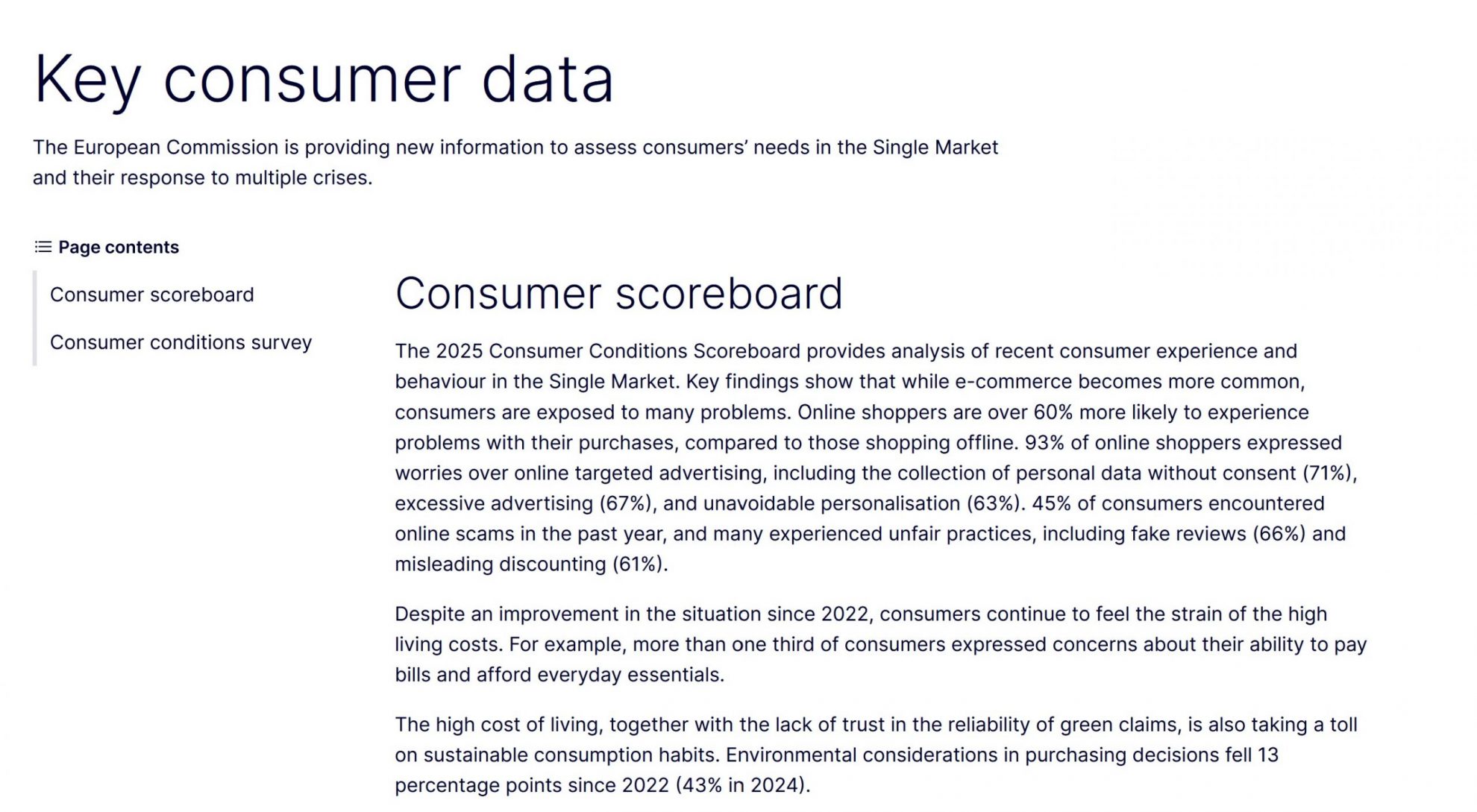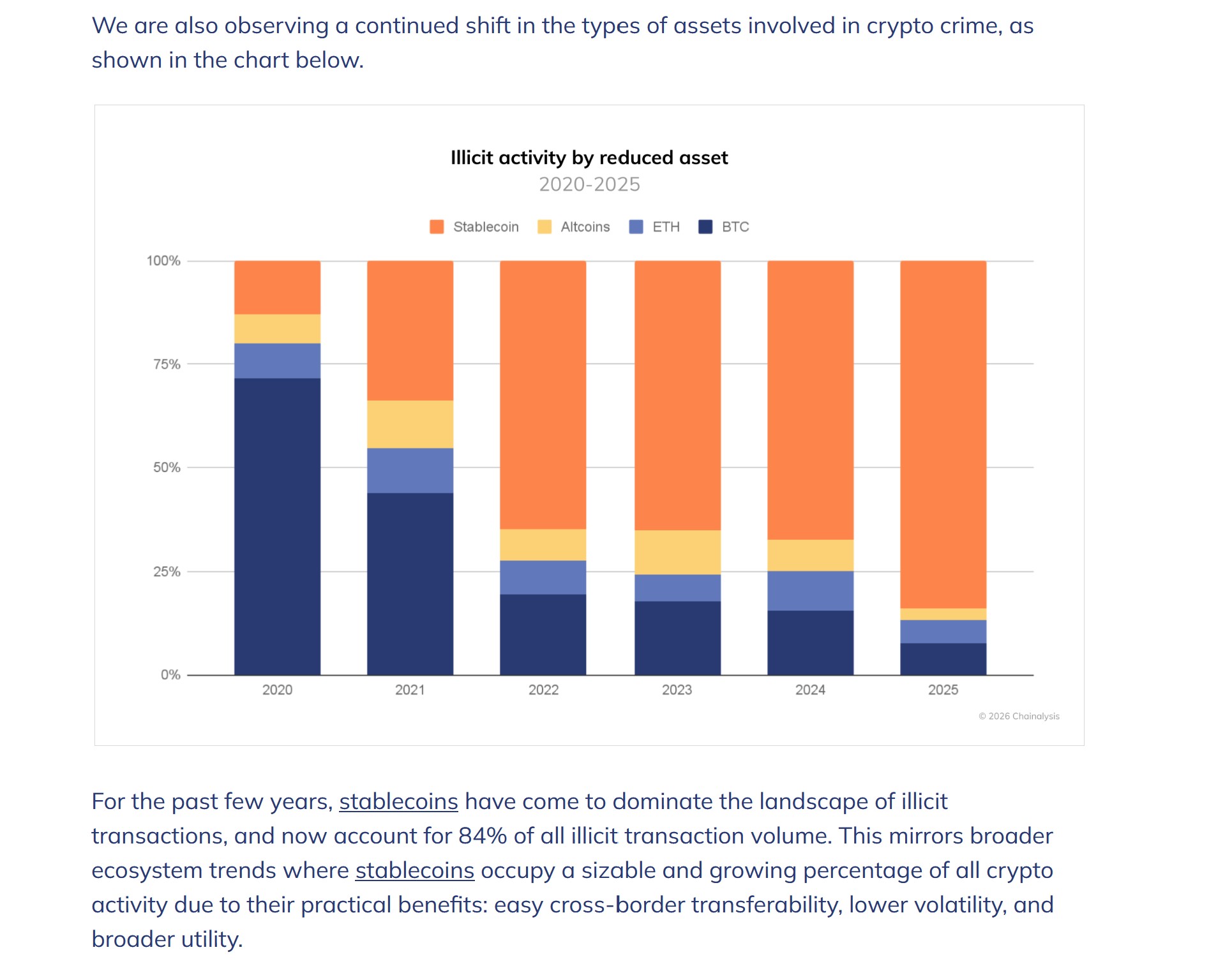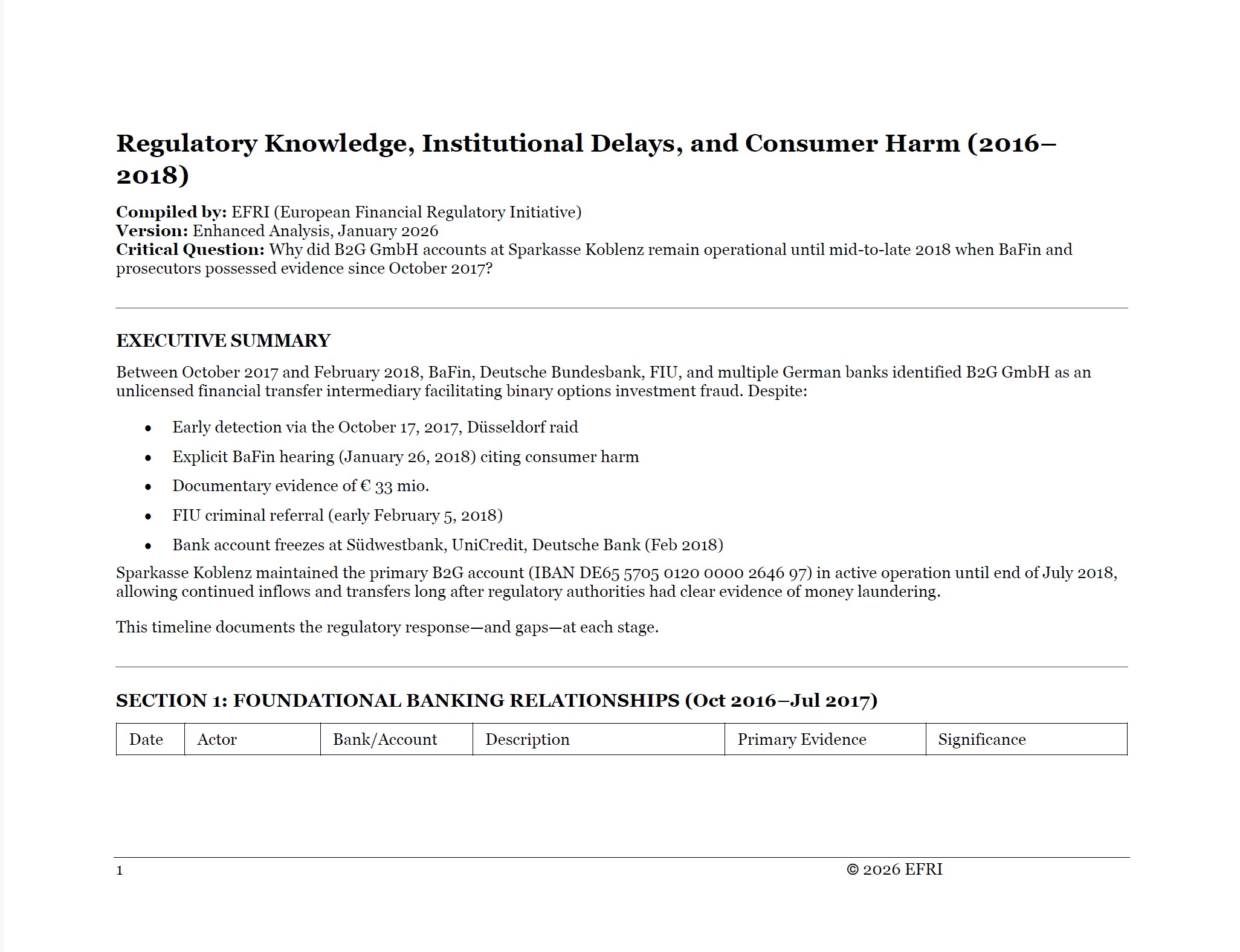
People keep asking us why we are so convinced that Payvision B.V., a subsidiary of ING Bank N.V., and a supervised Dutch payment institution, is liable for millions of losses suffered by thousands of innocent fraud victims between 2013 and 2019. In addition, we are also asked why we believe that the Dutch supervisory authority (DNB) and the Dutch prosecutors failed to adhere to the rule of law, and in our opinion, this is a disgrace.
Join our understanding of Payvision's activities:
Since its founding in 2002 by Rudolf Booker, Payvision B.V. has focused on facilitating payment transactions for high-risk merchants in the Card-Not-Present (CNP) business. In 2011/2012, the Dutch supervisory authority granted Payvision a payment license, allowing it to process card transactions for Mastercard and VISA. ING Bank N.V. and Deutsche Bank provided payment accounts. From that point onward, Payvision B.V. began working with scammers in the binary options industry.
Based on information provided by Rudolf Booker to Austrian law enforcement in 2019, transaction records from Barak’s and Lenhoff’s criminal files, and leaked details from a DNB on-site audit report of Payvision’s compliance department (covering the years 2016–2021), we have a strong understanding of the extent of fraud signals that Payvision B.V. deliberately ignored, enabling scammers to steal money from thousands of European victims.
We are creating a timeline that highlights the fraud signals Payvision B.V. ignored each year from 2015 to 2018. However, 2018 is by far the most shocking, clearly exposing the absolute ruthlessness of Payvision B.V., ING Bank N.V. (the banking partner of Payvision), and the Dutch authorities (responsible for supervising ING and Payvision).
Timeline in 2018 - as an example!
Fraud warning from the Compliance department:
In January 2018, Joris Greeuw (Head of Payvision´s Compliance Department) in London already had a bad feeling about Gpay Ltd. This company offers crypto binary options products and has an opaque ownership structure with Bulgarian owners but Israeli contacts. The company refuses to provide financial documents. Joris Greeuw recommends that the management in Amsterdam reject the binary option trader GPAY Ltd due to a lack of transparency.
Warnings from European supervisory authorities about BARAK’s fraud platforms are published:
On 30 March 2018, the Austrian Financial Market Authority published an investor warning regarding the platform OptionStarsGlobal with the operating company New Markets S.A. (OptionStarsGlobal), Novasage Chambers, Level 2 CCCS Building 3, Beach Road, Apio, Republic of Samoa and pointed out that the company is not authorised to offer banking transactions or investment services that require a licence in Austria.
On 9 April 2018, the UK Financial Conduct Authority (FCA) issued an investor warning regarding the website www.safemarkets.com, operated by AlmaMarket Ltd, a UK-based company, for offering unlicensed financial services.
Payvision B.V. ignores its own compliance department and the warning messages
In mid-April 2018, Payvision B.V. began processing card payments for the fraud platform xtraderfx and Cryptopoint.
Further warnings are published about BARAK’s fraud platforms:
On 14 May 2018, the UK Financial Conduct Authority (FCA) published an investor warning about the website www.optionstarsglobal.com, and the operating company xxx, for offering unlicensed financial services to UK citizens and having already received fraud reports.
On 23 May 2018, the UK Financial Conduct Authority (FCA) warned against Gpay/Cryptopoint.
On 25 May 2018, the UK FCA[1] issued a warning to investors about Barak’s Cool Markets Ltd and its Golden Markets fraud scheme;
On 7 June 2018, the UK FCA issued a public warning to investors about Barak’s GPay Limited and its website xtraderfx.
Chargeback rates start to explode.
The chargeback rates of the fraud platforms of xtraderfx and optionstarsglobal at Payvision exceed 3% per month, which is significantly higher than the prescribed chargeback rates of Mastercard and VISA (1%).
Compliance department goes into escalation mode:
In June 2018, Greeuw and his colleagues go into escalation mode due to the alerts, but Gpay doesn’t want to show where the money is coming from. Greeuw has had enough. “We need to put a stop to them as soon as possible,” he writes to one of his team members by email at the end of June: “Block all new transactions and withhold the funds”.
Payvision begins processing an additional Barak fraud platform
In June 2018, Payvision began processing transactions for another Barak fraud platform, Golden Markets, and processed a total volume of €5 million up to January 2019 for this fraudulent trading website.
Events in July 2018
In mid-July 2018, Payvision began processing transactions for Safemarkets, another fraud platform operated by Barak (with a total volume processed by January 2019 of €4.8 million). The merchant onboarded again was a pure shell company, with no financial records, and strawmen (mainly homeless people) serving as managing directors and contracting parties for Payvision B.V.
On 19 July 2018, Greeuw was overruled by the management (Booker), which released all assets. Just a few weeks later, Joris Greeuw left the company. A total of more than €37 million (2018: €36.4 million; and €1 million in 2019) was processed for this company.
On 24 July 2018, a new agreement was signed between Payvision B.V. and Gpay Ltd for all of Barak’s fraud platforms. The processing fees and the chargeback fees have increased. The agreement also included a three-year minimum commitment, with a monthly turnover of €4 million for all fraud systems operated by Barak: Cryptopoint, XtraderFX, Safemarkets, and Golden Markets.
The merchant category code “6211” appears in the agreement. The “MCC” (Merchant Category Code) shown in the new contract is named “6211”. The use of this code by a merchant required holding a MiFID II licence under the rules of the credit card companies. None of the fraud platforms covered by the agreement held an MIFID II licence to offer financial instruments to retail investors in Europe.
Summary
To summarise, Payvision B.V. (a subsidiary of ING Bank N.V.) under the leadership of Rudolf Booker and under the supervision of DNB processed a total of €52.2 million alone in customer funds from January 2018 up to January 2019 despite massive fraud signals at the beginning of 2018.
So what about the Rule of Law in the Netherlands?
As of the beginning of April 2024, the Dutch prosecutor has published information stating that the criminal case against Booker is closed, with a fine of €330k.
The prosecutor neither approached the German nor the Austrian prosecutor who worked on the Barak/Lenhoff case. But due to court records, we know that the Dutch prosecutor in charge exchanged phone messages with Booker’s lawyer (one of the most expensive in Amsterdam) during the ongoing criminal investigation.
When EFRI approached the DNB as well as the Dutch prosecutor for help for the thousands of innocent European victims from Barak/Lenhoff and Booker, we got rejected (for more details, refer to our petition).
Both authorities denied any access to the files collected about the Payvision B.V. case, making it harder or impossible for the victims to substantiate their legal case against Payvision B.V./ING Bank N.V.
Evidently no need to support fraud victims and no application of the Rule of Law for Payvision B.V./Booker/ING Bank N.V. in the Netherlands. Just a shame!


